In our recent post about ethical flowers we discussed the best ways to reduce your carbon footprint when it comes to beautiful big day blooms. The answer? Keep it local and seasonal! And the same rule applies for your food too.
We’re used to the convenience of having familiar products on our supermarket shelves all-year round. If products are out of season, consideration needs to be given to how they’ve been grown, the chemicals that have been used, and how many thousands of miles they’ve travelled.
Work with your caterer to create a seasonal menu using delicious local, organic produce. What could be better for your outdoor glamping wedding anyway?!
When it comes to wedding food, there’s also the issue of waste. A recent study by Sainsbury’s identified that around a tenth of all food at a wedding ends up in the bin, that’s an average of £488-worth of wasted food. It seems guests prioritise drinking and dancing over eating, and meals just don’t get finished.
We’ve compiled some top tips to keep your foodie eco credentials in check:
Reduce Meat
Meat and other animal products use a great deal of energy to get them from field to fork. Meat is also one of the top contributors to methane, one of the world’s most potent GHG gasses. By going vegetarian/vegan or mindfully reducing meat, you can reduce the carbon footprint of your wedding. Please see our recent post for vegan catering companies we’d recommend, like Fauna & Fox.
Choose Organic
Speak to your caterer about using organic produce. Organic food bans the use of chemical pesticides which affect the natural balance of our environment and disrupt our food chain. Organic produce also means high animal welfare standards.
Reduce Waste
The style of service you choose is likely to dictate how much waste food there is. If you’re having a buffet, or different food stations, it will be necessary for your caterer to prepare more food than is needed. Plated meals allow for less waste.
Check with your caterer what they do with their waste food. Businesses should be doing what they can to reduce food waste and shouting about it from the rooftops. It’s a great opportunity for them to engage customers and reduce costs, thus increasing revenue.
Donate
You could investigate donating perishable leftovers to a local homeless shelter or similar organisation. Some prefer not to accept prepared foods, but some do, so do your research. Check whether the local council offer a food waste recycling collection scheme.
Take-away
Provide compostable take-away containers and encourage staff and guests to take leftovers home. Things that keep are good, like cheese and cured meats.
Cake
Make sure your baker uses organic flour, butter, free-range (and organic) eggs and Fairtrade sugar and chocolate. There are some fantastic vegan options out there too, like Sarah’s Tiny Cakes who we mentioned in our previous post about vegan weddings. To avoid wasting your cake (which will have no doubt cost serious £££££s) why not get your catering team to cut it and serve it for dessert with big bowls of fresh, seasonal berries and jugs of local cream? You can always go for a lie down in your bell tent for a nap after lunch.
Favours
Avoid edible wedding favours since so many will not get eaten or taken home. Give doggy bags/boxes as favours? Then your guests can take some cake/goodies home/back to their bell tent with them. DIY favours if you will!.. Midnight feast in your bell tent perhaps?! Your friends and family will be glad of their haul when nursing hangovers the next day.
Avoid plastic
Don’t use single-use plastic, use paper straws and make sure all cutlery, plates, napkins and glasses are reusable/biodegradable.
Companies we love…
We believe that caterers who are passionate about their product and sustainability, will know the provenance of their food. One of our faves, Becky from The Garden Chef (who also runs Patrick’s Barn where we regularly pitch our bell tents) recently did an eco foodie shoot (pictured). She says: “we have great respect for the food we create, how we create it and what we create it from”. The meat they use in their menus is from local farms and they buy cured meats and cheeses from local, small-batch, artisan producers. With regard to waste, Becky says: “All our food is handmade and ‘real’; we don’t use fillers like dried fruit, slices of grapefruit etc which don’t get eaten. We hate food being used for aesthetics alone and going to waste. We want everything to be eaten… there should be nothing left!”
Our local deli, The Southsea Deli offer catering for outside events and they pride themselves on sourcing food and drink from small producers across Hampshire, Sussex, Dorset and Somerset. For items not available in the UK, they bring in special products from Italy, Spain and Greece. Founder, Daniel Nowland, loves to use the best of what’s in season. He previously worked with Jamie Oliver’s brand where he travelled the world researching ethical food issues, animal welfare and sustainability.
As you know, we also can’t get enough of Petal & Feast (god knows we spend enough time there tenting over the summer!) Their food is plentiful, wholesome, seasonal and foraged.
We offer bell tent hire in Hampshire, West Sussex and surrounding counties. Take a look at our weddings page for more information about our bell tent villages and dedicated hen camp.
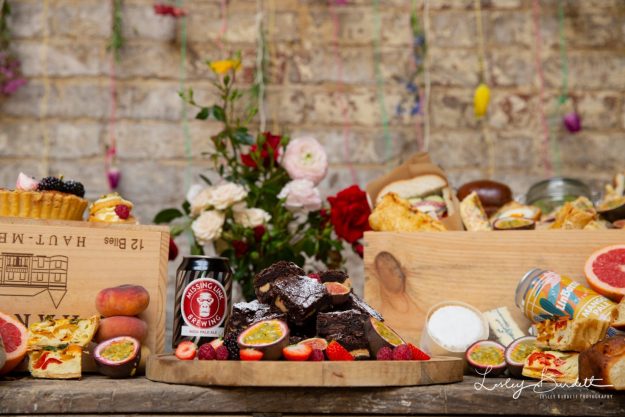
Photo: Lesley Burdett
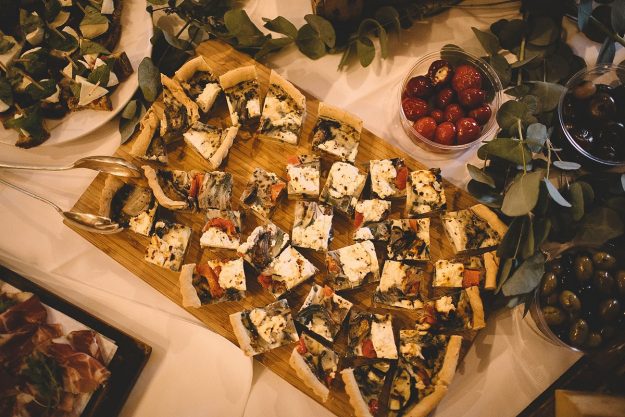
Photo: Carrie Lavers
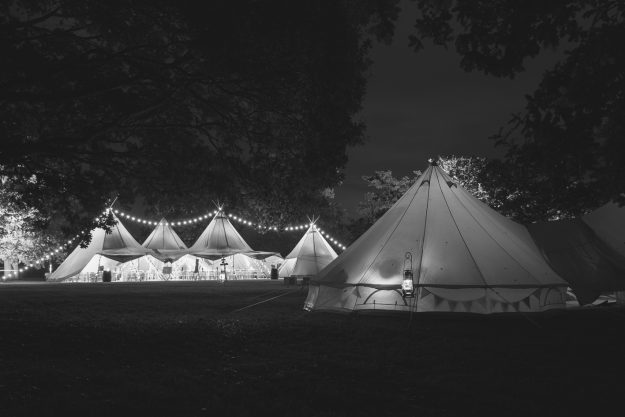
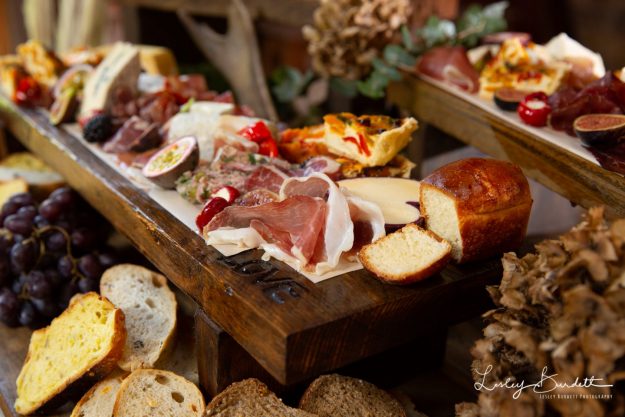
Photo: Lesley Burdett
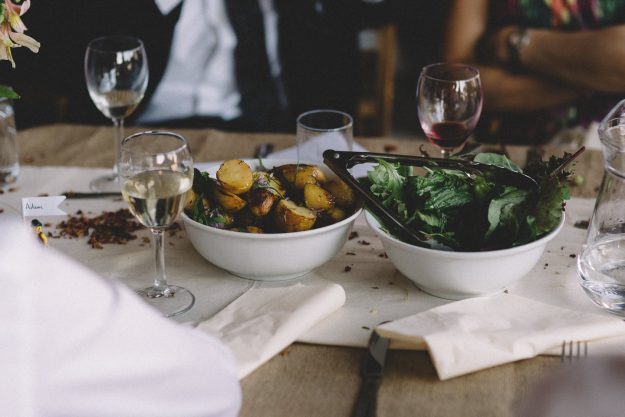
Photo: Carrie Lavers
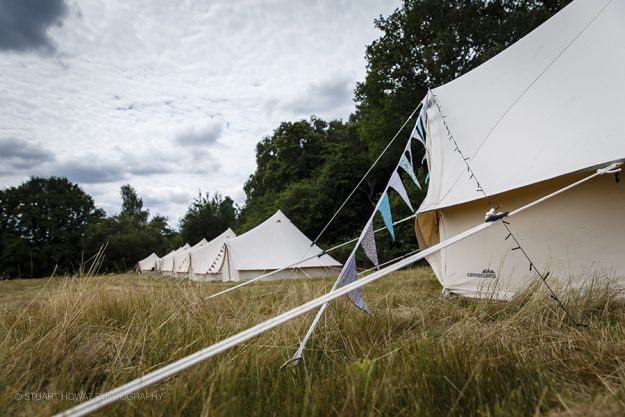
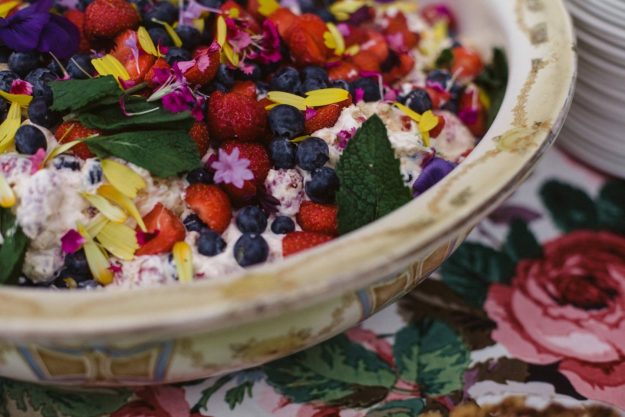
Photo: Horseshoe Photography
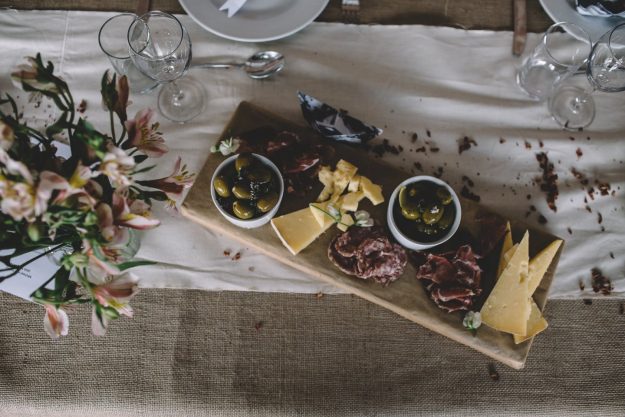
Photo: Carrie Lavers
(Featured photo: Petal & Feast. Horseshoe Photography)



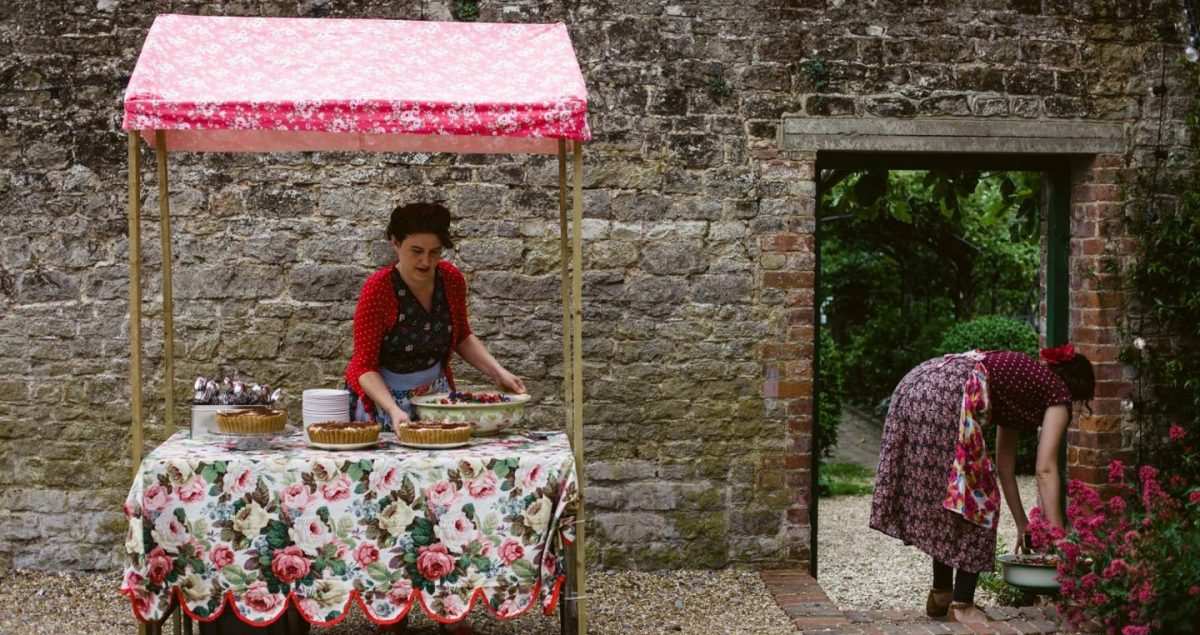
 by WillWEB
by WillWEB